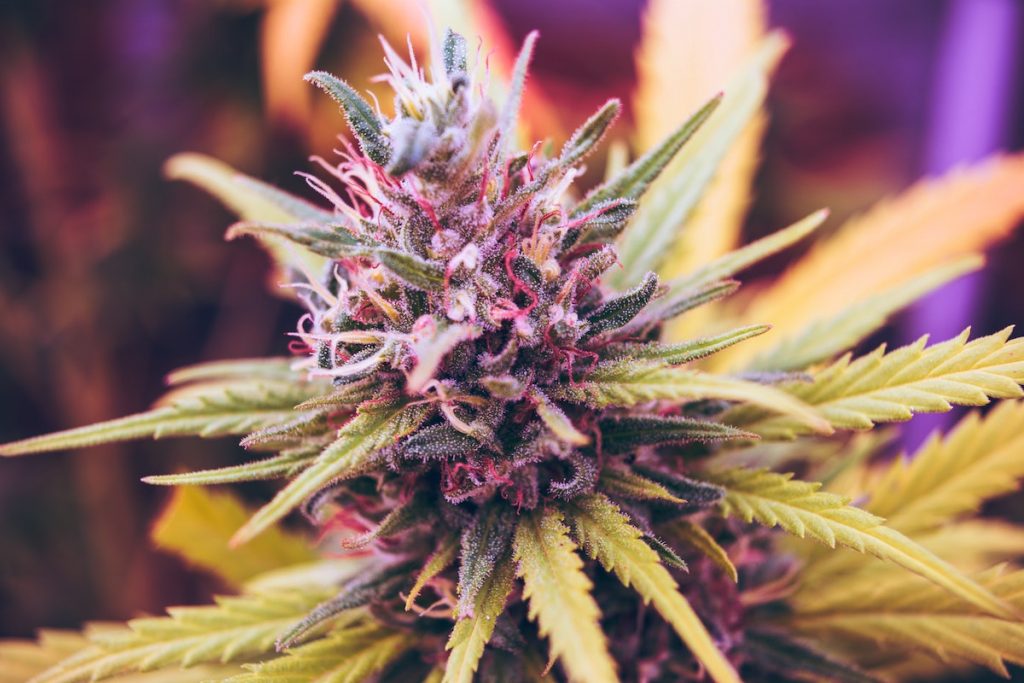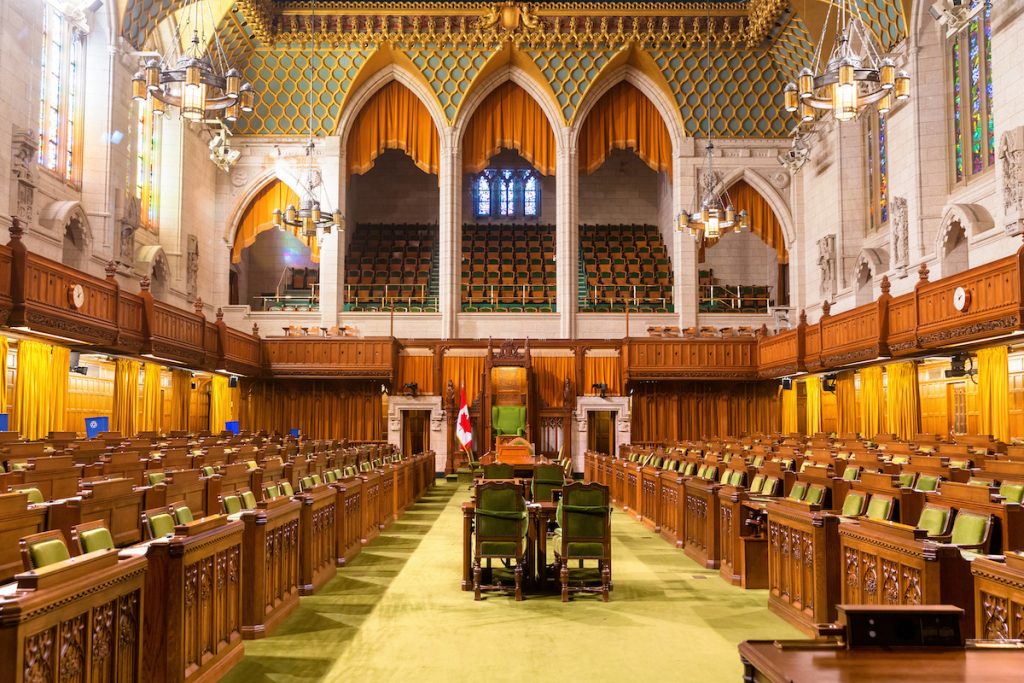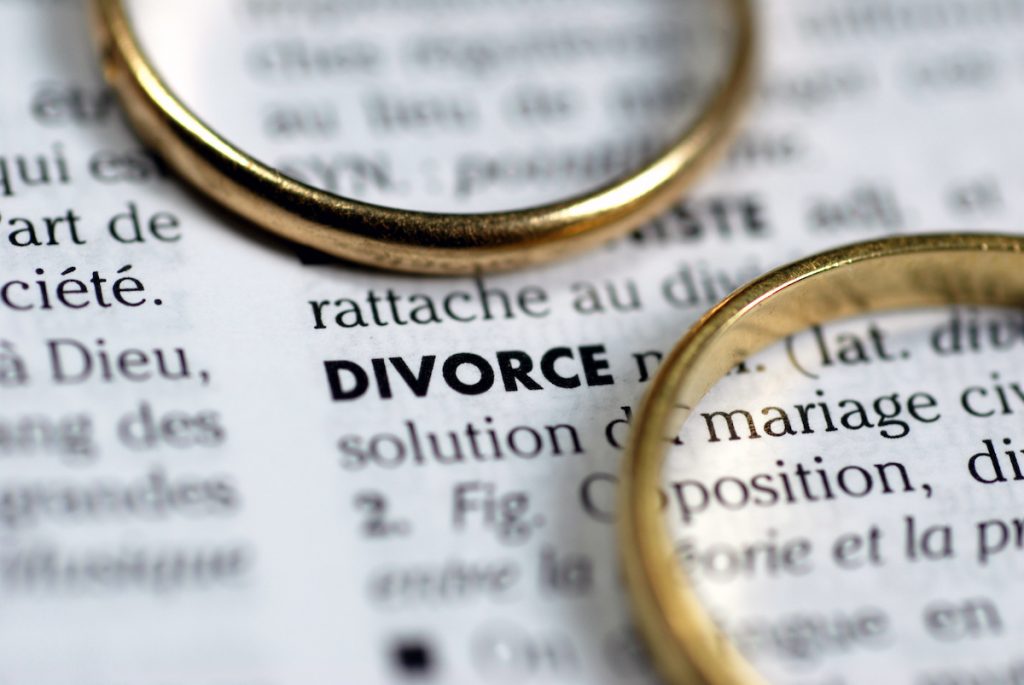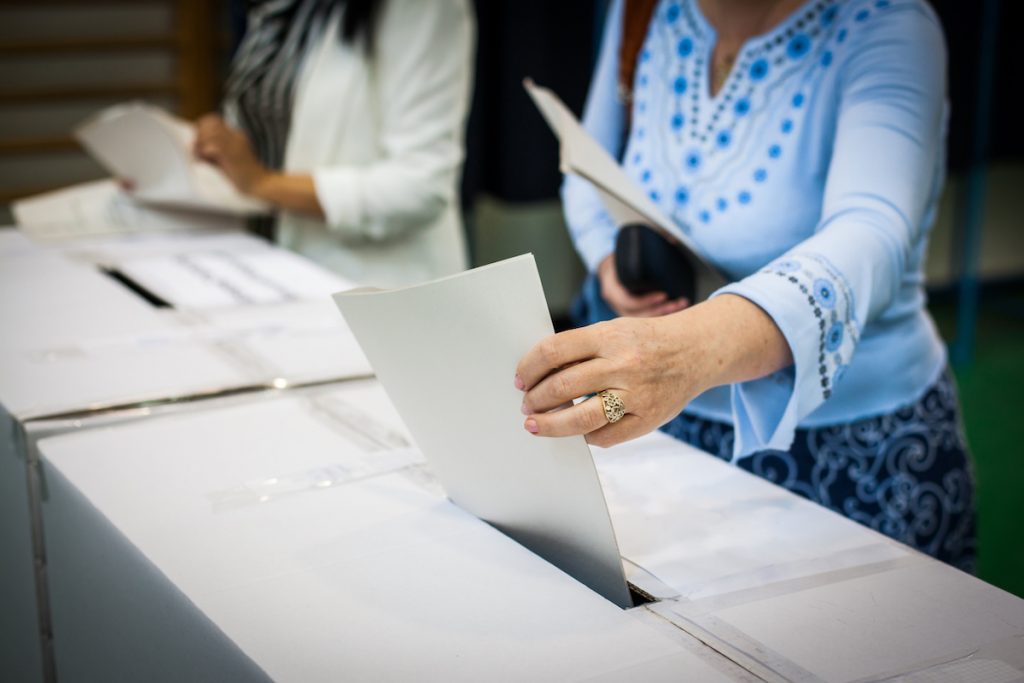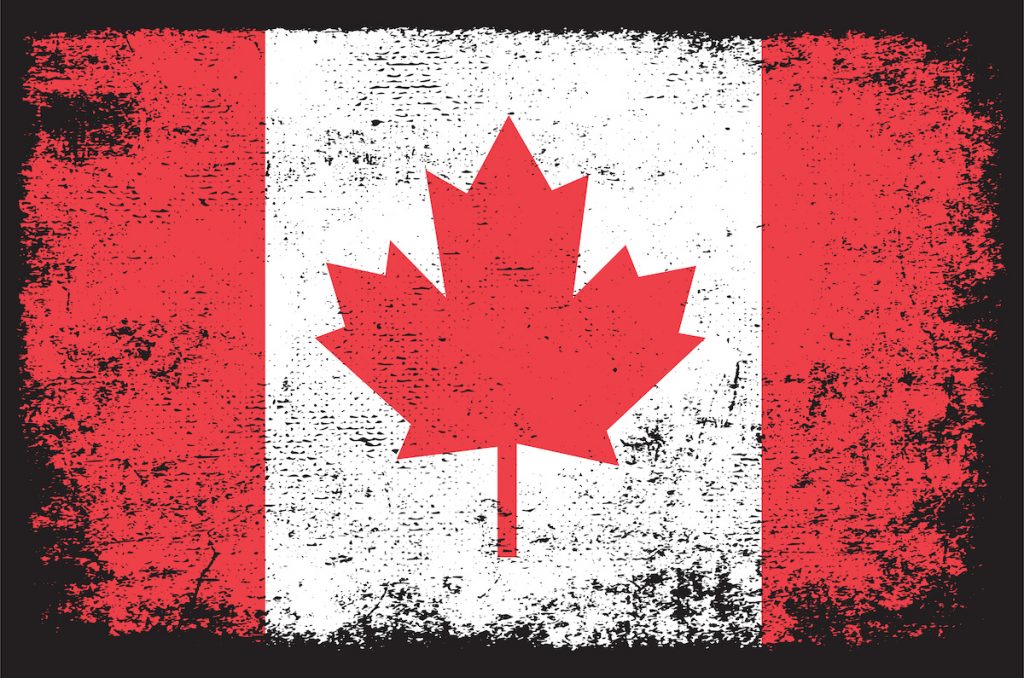Introduction
Referendums have played a significant role in shaping Canadian history, providing citizens with a direct voice in important decisions. In this article, we will take a closer look at several significant Canadian referendums, including the 1980 and 1995 Quebec referendums and the 1992 Charlottetown Accord referendum. Our goal is to analyze why some of these referendums succeeded, while others faced failure.
The Quebec Referendums
1980 Quebec Referendum
The 1980 Quebec Referendum marked a pivotal moment in Canadian history. It sought to determine whether Quebec would gain sovereignty-association with Canada. Despite its historical significance, the referendum failed, with 59.56% of Quebecers voting against it. Several factors contributed to this failure, including:
- Lack of Clarity: The referendum question was criticized for its lack of clarity, leading to confusion among voters.
- Strong Federalist Campaign: The federalist campaign, led by then-Prime Minister Pierre Trudeau, effectively appealed to Canadians’ sense of unity.
- Economic Uncertainty: Concerns about economic stability under a sovereign Quebec played a role in the rejection.
1995 Quebec Referendum
In 1995, Quebec held another referendum, this time with a narrower question about sovereignty. While it came close to success, with 50.58% of Quebecers voting against it, it still failed. Key factors contributing to this outcome included:
- Narrow Margin: The narrow margin of defeat highlighted deep divisions within Quebec.
- Federalist Campaign: The federalist campaign, again led by prominent Canadian leaders, effectively countered separatist arguments.
- Last-Minute Promises: Federal promises of constitutional reforms and increased provincial powers swayed some voters.
The Charlottetown Accord Referendum (1992)
The Charlottetown Accord referendum in 1992 was a complex proposal for constitutional reform. It aimed to address longstanding issues related to federal-provincial relations and Indigenous rights. Unfortunately, it was rejected by a substantial margin, with several factors contributing to its failure:
- Complexity: The Charlottetown Accord was a lengthy and complex document, making it challenging for voters to fully understand its implications.
- Lack of Consensus: Not all provinces and Indigenous groups were in agreement with the proposed reforms, leading to divisions.
- Campaign Issues: The campaign faced criticism for not effectively addressing voter concerns.
Common Themes and Factors in Referendum Outcomes
As we analyze these referendums, several common themes and factors emerge:
- Voter Turnout and Demographics: Turnout tends to be higher in referendums with clear, emotionally charged issues. Demographics, including age and linguistic background, often play a role in voting patterns.
- Campaign Strategies and Messaging: Effective campaign strategies and messaging can sway voters. A well-organized, passionate campaign can make a difference.
- Economic, Cultural, and Political Factors: Economic stability, cultural identity, and political sentiment all influence voter decisions.
Successful Referendums: Lessons Learned
While we’ve discussed referendums that faced failure, it’s essential to acknowledge successful referendums in Canada. These include initiatives such as the 1948 Newfoundland and Labrador referendum on joining Canada and the 1998 Nunavut land claims agreement. Lessons learned from these successes include:
- Clear Communication: Successful referendums often involve clear, easily understood questions and campaigns.
- Broad Consensus: Achieving broad consensus among key stakeholders is crucial for success.
- Engagement and Education: Engaging voters and providing ample educational resources can lead to positive outcomes.
The Evolving Landscape of Referendums in Canada
The lessons from past referendums continue to shape the evolving landscape of referendums in Canada. Technology has enabled easier access to information and online voting, changing the way referendums are conducted. Moreover, shifting demographics and the rise of issues such as climate change and Indigenous reconciliation have introduced new dynamics into referendum debates.
Conclusion
Analyzing past Canadian referendums reveals the complexity of these decision-making processes. While some referendums succeeded, others failed due to a variety of factors, including campaign strategies, voter demographics, and the clarity of the issues at stake. Understanding these lessons from the past is crucial as Canada continues to grapple with important decisions through the referendum process. It reminds us that informed, engaged citizens play a vital role in shaping the nation’s future.


